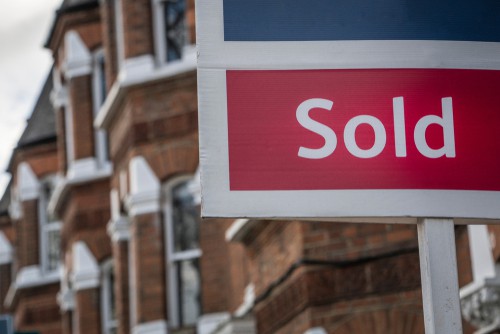
The average homebuyer in England currently faces an average stamp duty bill of £3,548. But due to the house price boom spurred by the stamp duty holiday itself, that bill is some 44% higher than the average stamp duty paid prior to its introduction.
When removing both unique instances of the recent SDLT holiday and the reprieve granted in 2009 in the wake of the financial crisis, the average cost of stamp duty has increased by an average of 8.4% every year since 1997.
In fact, other than the two occasions where stamp duty was paused and reduced, the tax bill paid by homebuyers has only seen a year-on-year decline on four other occasions.
The first three of these came prior to, and following, the initial stamp duty break in 2009 as house prices continued to decline following the financial crisis.
The other materialised in 2015 following the switch from a ‘slab structure’ to a ‘slice’ structure whereby a property paid a percentage of stamp duty at each value threshold, rather than a full percentage based on the single threshold at which is sat.
The cost of £3,548 now faced by the average homebuyer is also a whopping 490% more than the £601 paid back in 1997.
Marc von Grundherr, director of Benham and Reeves, said: “With the latest generation of homebuyers enjoying a taste of stamp duty free property purchases there are renewed calls for its complete abolition but, as always, these will continue to go unheard.
“Over the past 25 years, the government has become very good at fuelling buyer demand while failing to address the housing crisis and building more homes. This has worked very nicely for them where an increased cost in stamp duty is concerned and their free slice of the pie, cut from the savings of struggling homebuyers, has continued to climb with absolutely no justification whatsoever.”



